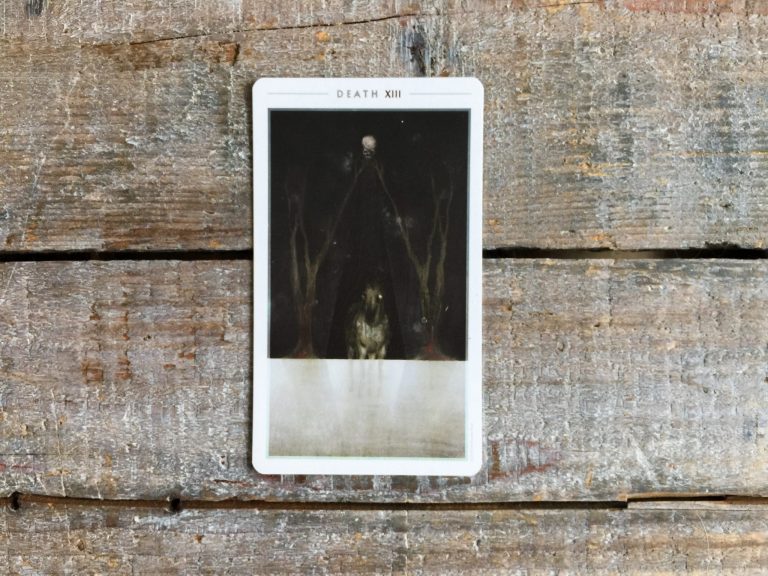I used to think sex was the most taboo topic I could talk about. Abortion, masturbation, vulvas, testicles — all topics which made people angry, scared or uncomfortable. Then I started talking about death.
I had no idea I would get such strong reactions from people. All types of people. People are scared of death. People don’t want to talk about dying.
This was interesting to me because we are all sexual beings, even those who do not partake in the behaviours of sex, and we are all going to die. Why is there such fear and discomfort with two of the most natural things about being human? Things we all have in common.
When talking about sex or death, we try to water it down with the language we use: down there, private parts, doing it, sleeping with someone, passing away, not with us anymore, it was their time, they’re in a better place — no wonder children get confused.
Even as an adult I can remember thinking to myself, ‘I think they are talking about having sex’ or ‘did they just say that person died?’ Many of us are uncomfortable, afraid, or even unable to say the words: SEX, DEATH, DIED. It would be much simpler if we were able to be clear, concise and direct.
It was not always like this, and I hope it does not remain this way.
I would like to die in a world where naked pictures of my old, wrinkled body can be hung at my celebration of life without making people fidget, and the poems I wrote about my vulva can be spoken with gusto and laughter.
I would like people to clearly state, ‘she is dead but she planned her death and spoke about it frequently.’ ‘She was prepared, therefore, we were prepared.’
Will this be possible? Could it be the fear of the unknown that makes us cringe?
When we do not talk openly and honestly about something, it becomes mysterious and scary. Children become curious but we scold them for asking. Teens watch porn and Google death and we panic.
But what if we didn’t hide from sex and death? What if we discussed it, planned for it, educated everyone about it and learned from people’s differing views? I think our society is moving in this direction — I’m writing about it, you’re reading about it and the Internet is full of it.
Could sex and death, once celebrated then forbidden, become common and normalized topics of easy conversation without people sweating and looking for the nearest exit? Will we finally know what to say at a funeral, and learn to talk to our partners about sexual pleasure?
I think so, and if I am wrong, well, may I dance naked on my grave for all to see.
Stacey Jacobs is a local sex educator and advocate. Jacobs has been a sex educator for almost two decades. For 13 of those years she worked as a sexual health educator at Planned Parenthood.

